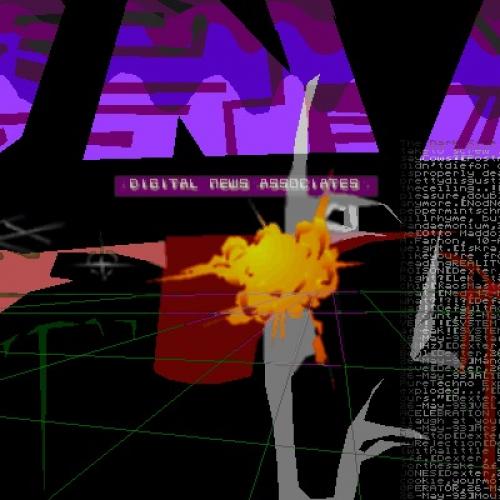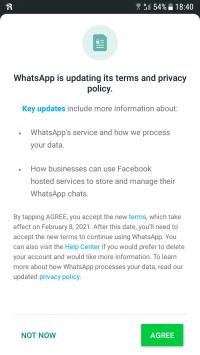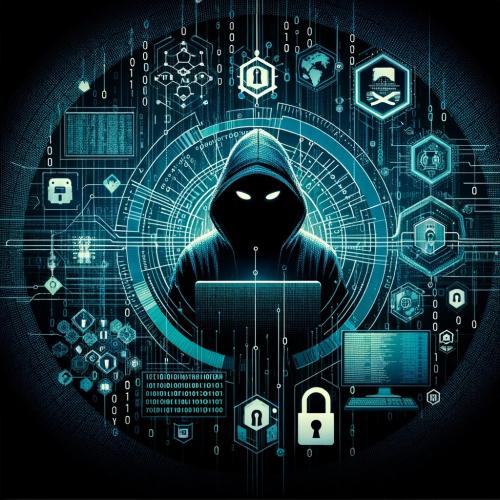DnA 9-4: DEFCON - Wiretapping and Privacy

For those of you who didn't attend DEFCON ][ this year, you missed out on a couple of very interesting speakers. Not the least of which was Gail Thackeray, whom you may have heard of before. If you haven't, you should have. She was instrumental in the Operation Sun-Devil raids, where kids(deviant miscreants) had their computer equipment stolen(borrowed temporarily to study, and not returned) from their houses and sometimes businesses. A little background on the story: The horrible hackers were getting out of hand in America(and abroad). AT&T suffered an almost total loss of service with their switches due to a bug in the inter-switch communications software. Lots of paranoia and misunderstanding led to Op Sun- Devil, which helped rid America of this communist regime(kids who toyed with computers). Now that we've delved a little into Gail Thackeray's past, I want to touch on some on her speech at DEFCON. First of all, I was impressed with her level of understanding of technology. She gave a very strong speech, and never lost her focus despite the moderate heckling she was getting from the crowd. Her speech centered on privacy in communications, particularly across the phone line. As I'm sure you're aware, telephone taps are quite possible, and generally extremely difficult to detect by any means available. I'm also sure you've heard of the Clipper/Capstone initiative. I'll discuss it momentarily just for a moment to refresh your memory however. Clipper is the name for a type of chip which uses a government encryption algorithm(Skipjack) to encrypt telephone communications between two parties. It uses public and private keys, just like the favorite PGP does, with one small difference. There is a third key, which unlocks both sides of the traffic in a conversation. This key is used to tap conversations, and is given to the government. They keep it safe from all the bad people who you wouldn't like to have it. The idea is that if the government makes it so you have to get a search warrant to get the key, nothing could go wrong, right? We'll get back to this in a while. The government is *not* outlawing other encryption routines in conjunction with the Clipper initiative, but the thought is that the government in the future will. No one wants to give the government the power to dictate what kind of communications we can and cannot use. That's ridiculously dangerous sounding to me. Kinda makes me start thinking about the book, 'Brave New World'.
Although she didn't say 'Clipper' much in her speech, Gail was talking about it almost exclusively. She gave some credible real world situations where having the ability to tap someone's phone was a very nice option indeed. She mentioned when a child was kidnapped, and the phone company refused to trace the call. This was a bit off the point, but interesting nonetheless. She spoke of the government's 'right' to tap telephones. I wanted to ask her which 'rights' she was referring to. As far as I knew, the government was not given rights, only the people were. As a side note, watching CNN's Larry King Live a month ago, I saw the VP Al Gore come on to talk about the Information Super Highway (ISH? No wonder no-one uses the acronym!). After failing to get his Mac equipped with Compuserve to load up his mail folder, 'the technology VP' started fielding questions. One that came up was: you guessed it! Clipper. He too was stuck referring to the government's right to invade the privacy of the people it's supposed to serve. When did the politicians figure we gave them the rights to do as they pleased. Enough on this subject, I can go off on rights of the government forever. I have to say one thing about the ISH as well: IT'S NOT HERE CALIFORNIA! One T-1 link between two schools *does not* qualify as a network. Try calling up Pac Bell and asking to be hooked up to the ISH and see what they say. Nuh huh. Back to Gail's speech! Next she took us through all the requirements to put a legal wiretap on a phone line. She told us how LEA's have to fill out lots of paperwork, and convince a judge that there is a worthwhile reason to tap someone's line. Thackeray brought up points about how the judge will come down to where the tap is going on to inspect it, and even tell officers to stop if he don't think it's worthwhile. She assured us that all these legal hoops that LEA's had to jump through would ensure that no illegal wiretapping would go on. The next speaker after Gail mentioned that approximately 90% of all government wiretaps are illegal, and not obtained with a warrant. He also mentioned that in his experience, *no* judge had ever done what Gail Thackeray had just said, and that typically evidence was just made up to cajole a judge into agreeing to a wiretap. So much for all that.
OK, let's get an overview from my viewpoint. First of all, the government has the absolute 'right' to invade any criminal's(citizen's) privacy if they choose. Those doing the wire- tapping *must* get a court to agree that a tap is necessary, unless they don't want to. LEA's have two options. They can falsify evidence and get a tap, or they can simply ignore the court and do as they choose. None of this is subject to public scrutiny in any way. We simply have to 'assume' that things are proceding in a proper fashion. This is the SAME mechanism that will be holding our Clipper keys in the future. Any cop who is willing to falsify evidence about you can get your key and listen in to everything you have to say. Personally, I don't feel particularly happy about this. Luckily, the encryption itiative is not being forced upon us...yet. I'm afraid it may become a de facto standard some time in the future however. I don't offer any solution to the problem. I leave that to you...I simply want to inform you of the government's best arguments for compromising it's citizen's privacy. You have to make your own conclusions about our govt's policies and motives.
Zephyr [Cosys - Digital Decay] July 26, 1994


















